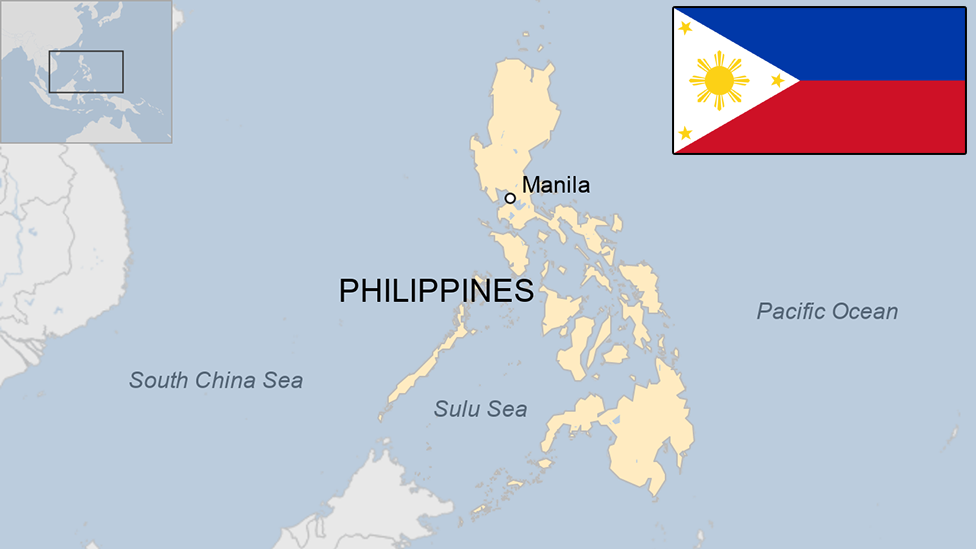Duterte: From 'Punisher' to Philippines president
- Published
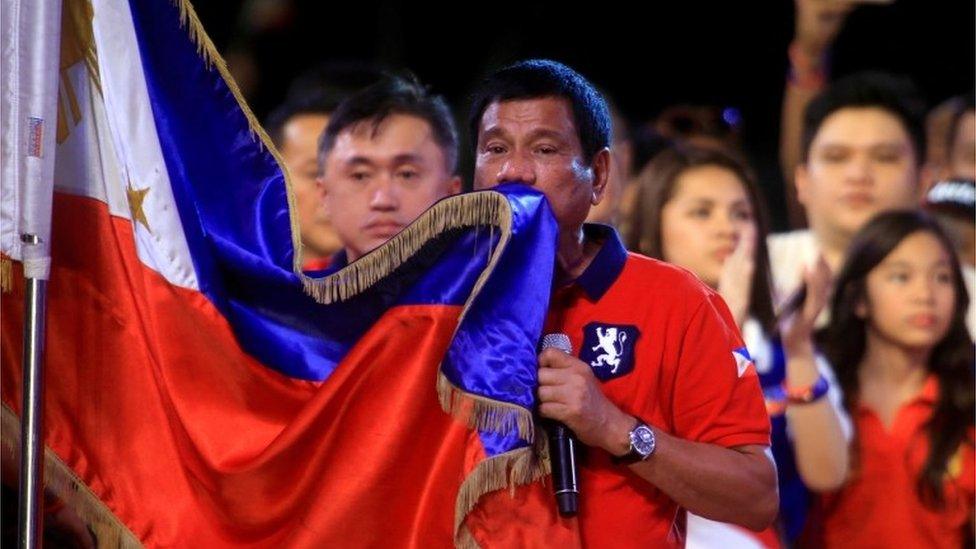
Rodrigo Duterte is almost certain to become the new president of the Philippines, after a bruising election campaign in which he started off as an outsider.
He has styled himself a modest man with fewer of the ties to oligarchs that other candidates have and that has so disillusioned Filipinos.
His supporters say that with his reputation for toughness, he will rein in many of the country's problems, but his critics say he will be a step back towards the dictatorship of the past.
Rodrigo "Digong" Duterte was born in 1945 into a family closely tied to local politics.
His father was once a provincial governor, and the family had links with the powerful Duranos and Almendrases families in Cebu province, where his father was once mayor.
Mr Duterte trained as a lawyer and rose to become state prosecutor before being appointed vice-mayor of Davao in the wake of the overthrow of Ferdinand Marcos in 1986.
He became mayor in 1988 and held the position for the maximum 10 years, before winning a seat in congress, and then returning to the mayoral office in 2001.
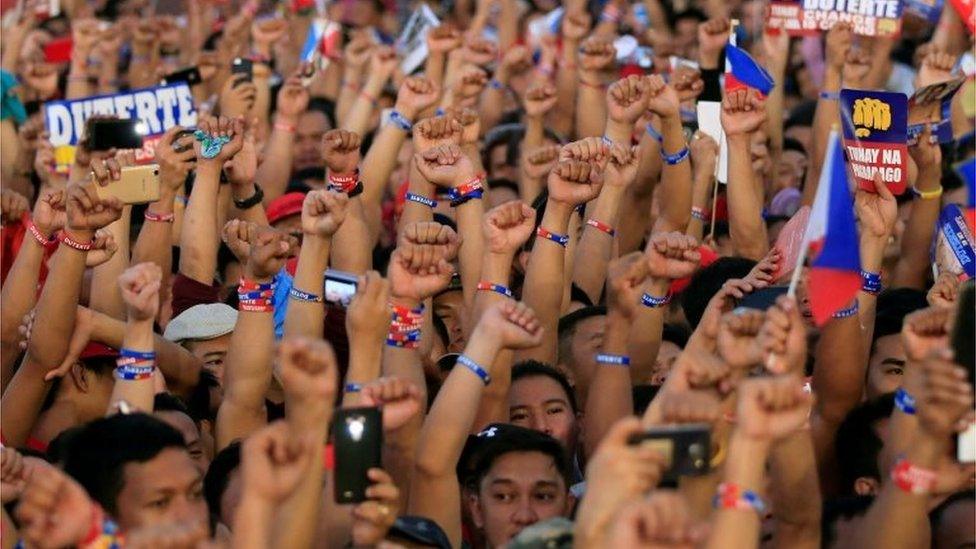
Duterte's supporters say his tough reputation is what the Philippines needs to deal with corruption and crime
He built his reputation fighting some of the biggest problems facing the Philippines - crime, militancy and corruption. All three dropped significantly during his time leading Davao, making the city one of the safest in the Philippines.
Under his watch, the city built a large integrated emergency response centre and introduced a three-digit emergency number - something taken for granted in many countries but a revolution in the city at the time.
Self-styled as both a socialist and a reformist, his economic policies during campaigning have been vague.
He promised he would continue his tough stance on crime and improving public infrastructure as president,
His foreign policies are also hard to parse. He has talked of taking a less confrontational stance with China, but offered few specifics on how, other than to say he would ride a jet ski to a disputed island China controls, and stick a flag on it.
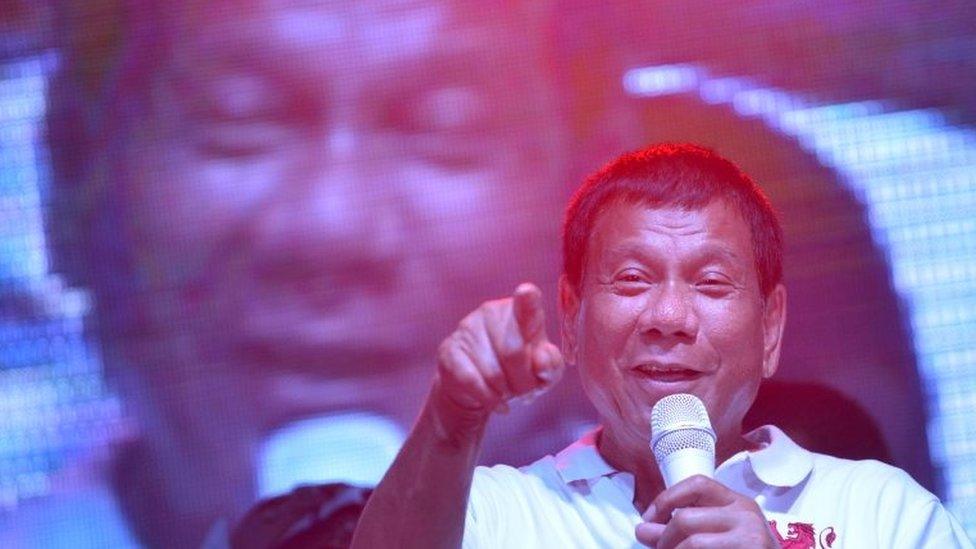
Duterte's firebrand speeches have done little to dent levels of support among Filipinos hungry for change
He has been clearer on the peace process in restless Mindanao, his political back yard. He wants it to include more rebel groups and address injustices Muslims there say they face.
He is most well known for off-the-cuff comments that would cause trouble for more conventional politicians.
He called the pope "the son of a whore" in a largely devout Roman Catholic country; joked that, as mayor, he should have been first to rape an Australian missionary murdered in a prison riot; threatened to kill thousands of criminals without trial - something he is accused of having sanctioned in Davao; and promised to suspend democratic rules if they get in his way.
All have burnished his image among many in the Philippines as someone who will do what is necessary to get things done, but have horrified his opponents.
Married twice, he has four children, one of whom - daughter Sara - took over as mayor for a term before he resumed office. He is now officially single, but has claimed to have several girlfriends.
- Published9 May 2016
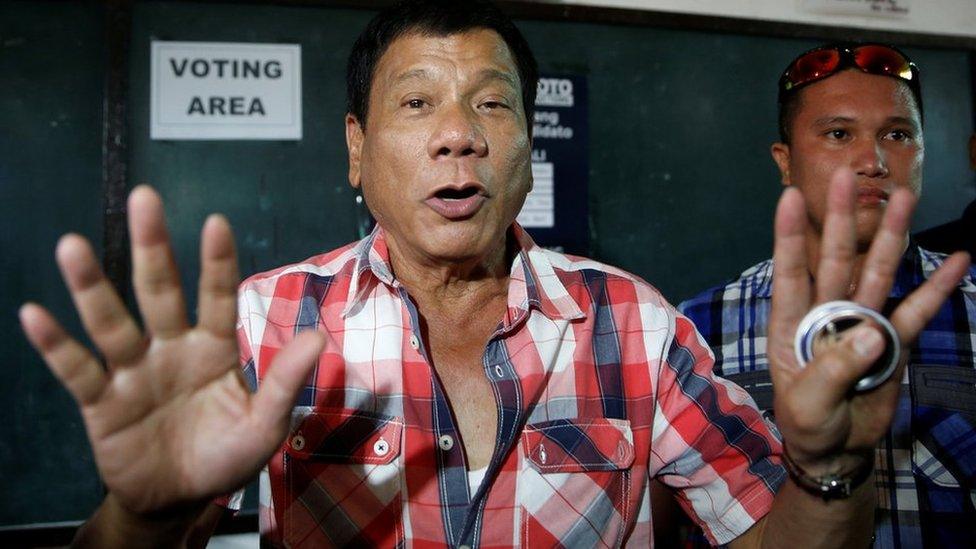
- Published30 September 2016
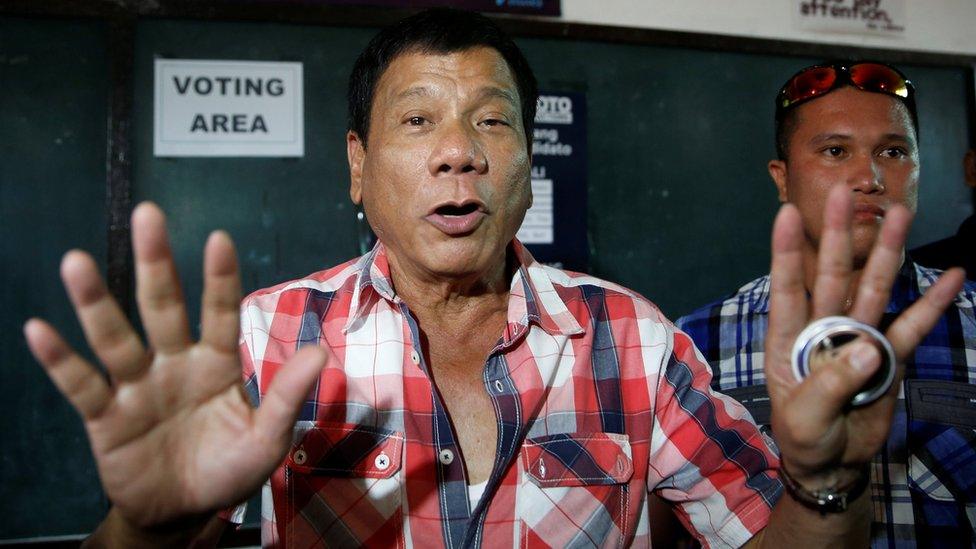
- Published9 May 2016
- Published8 May 2016
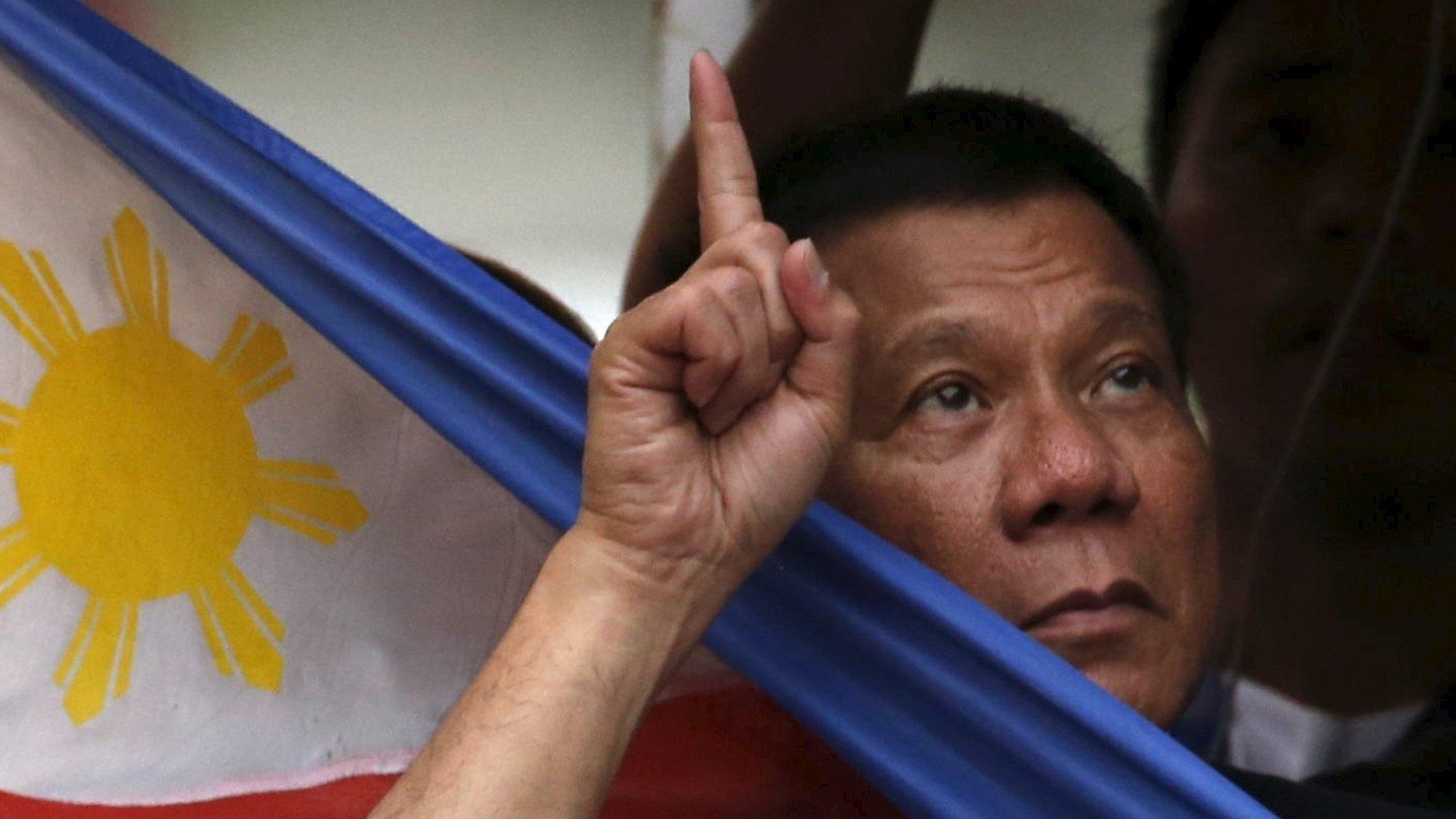
- Published5 May 2016
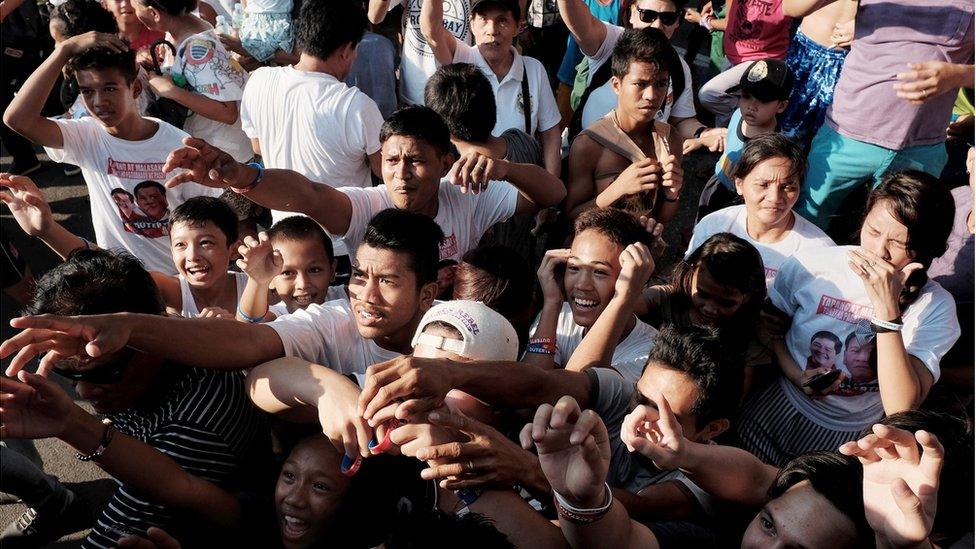
- Published7 May 2016
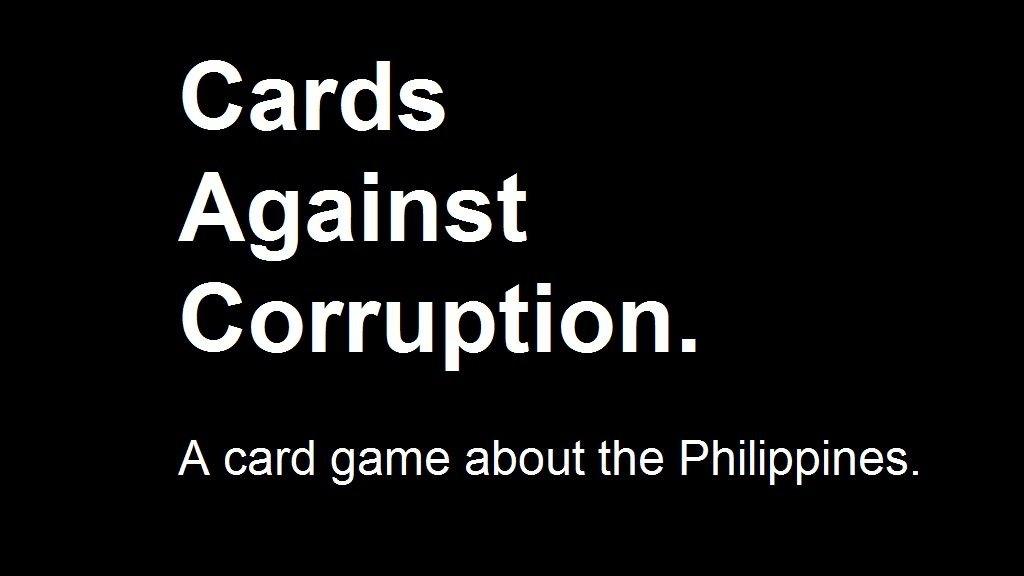
- Published6 May 2016
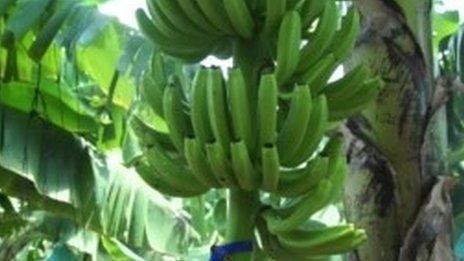
- Published5 May 2016
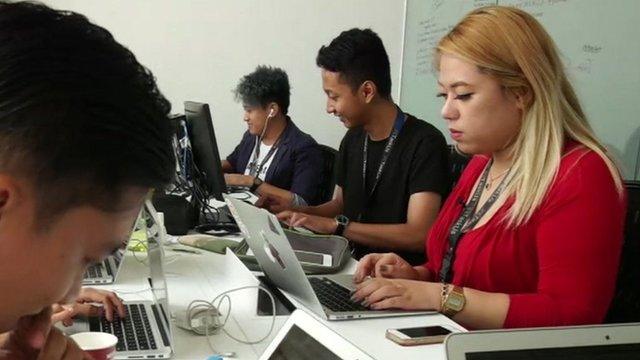
- Published4 May 2016
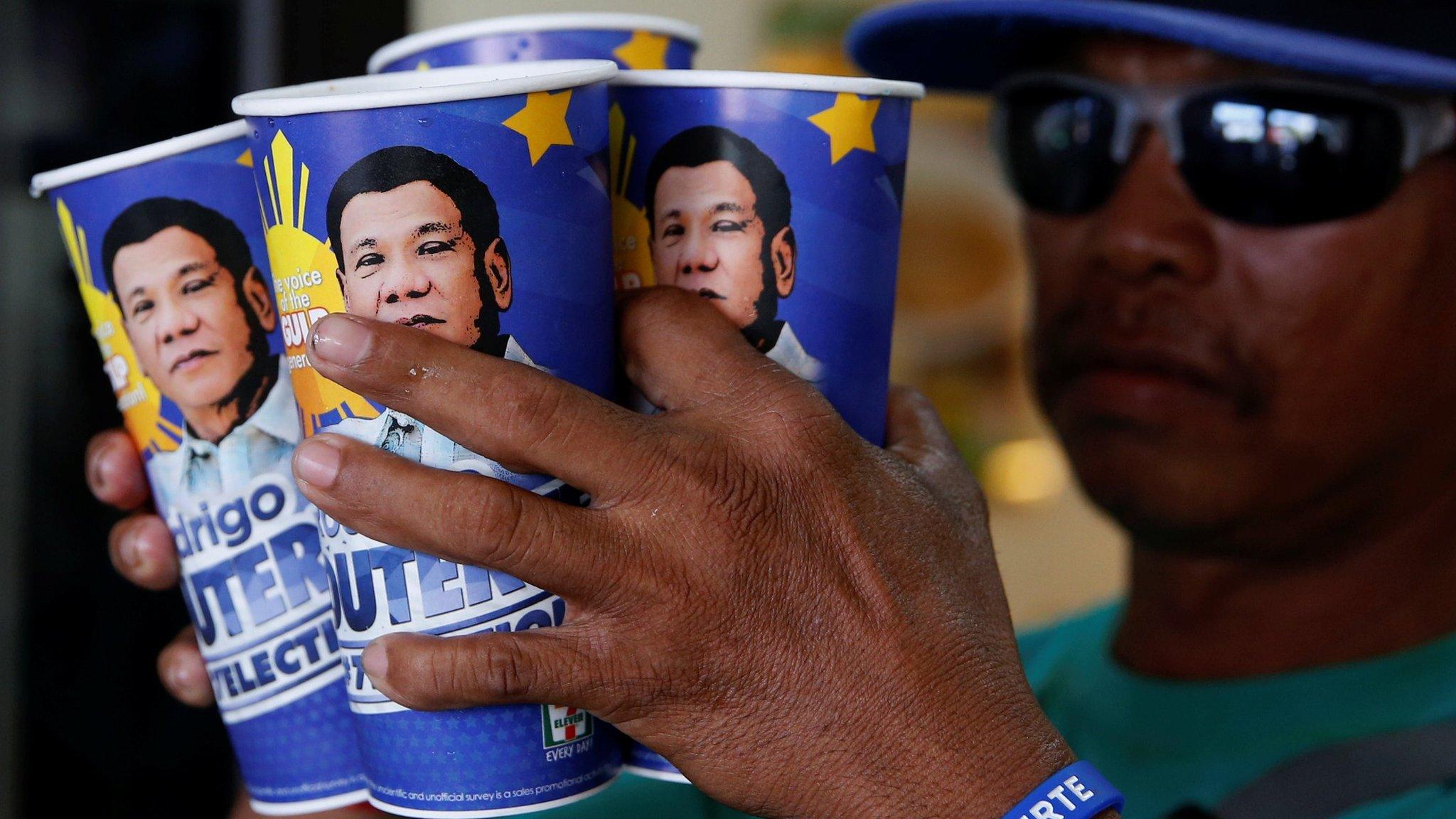
- Published4 May 2016
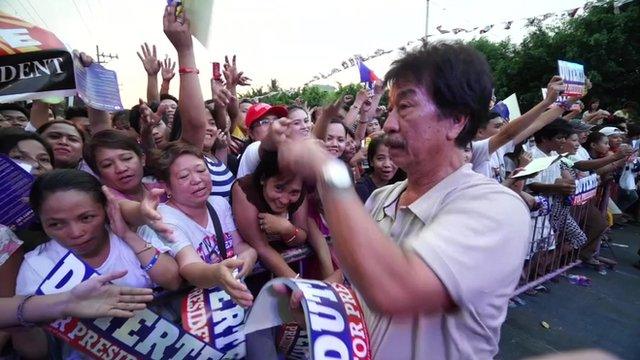
- Published3 May 2016
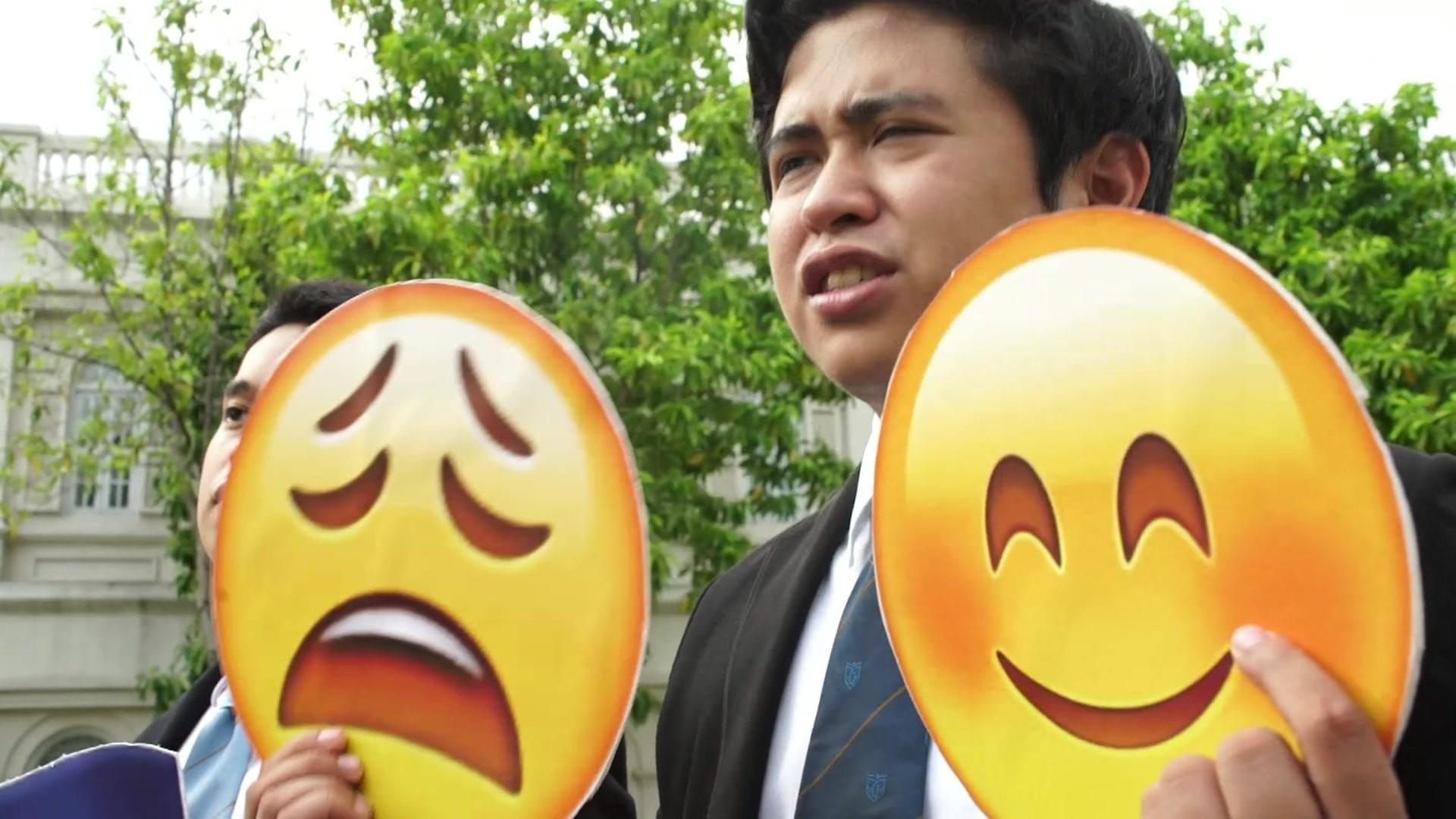
- Published2 May 2016
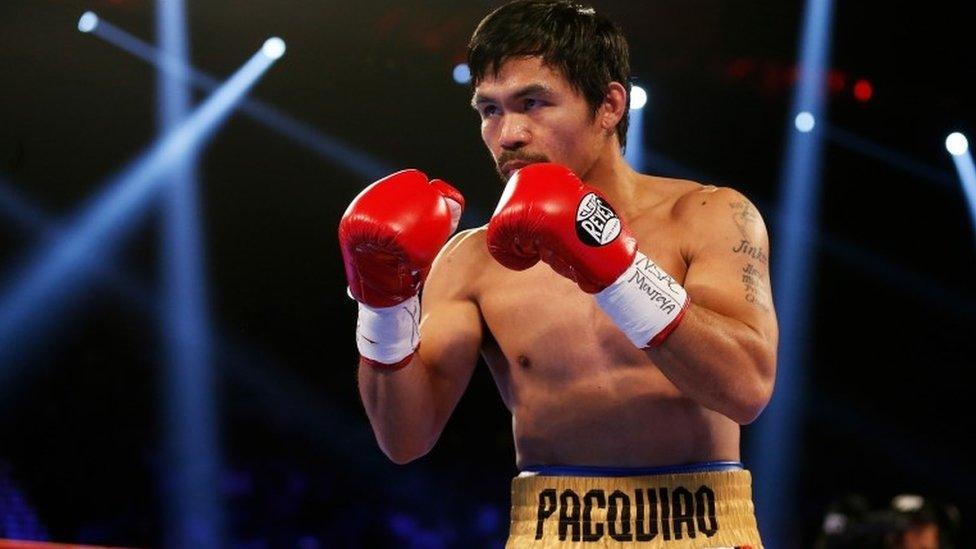
- Published29 April 2016
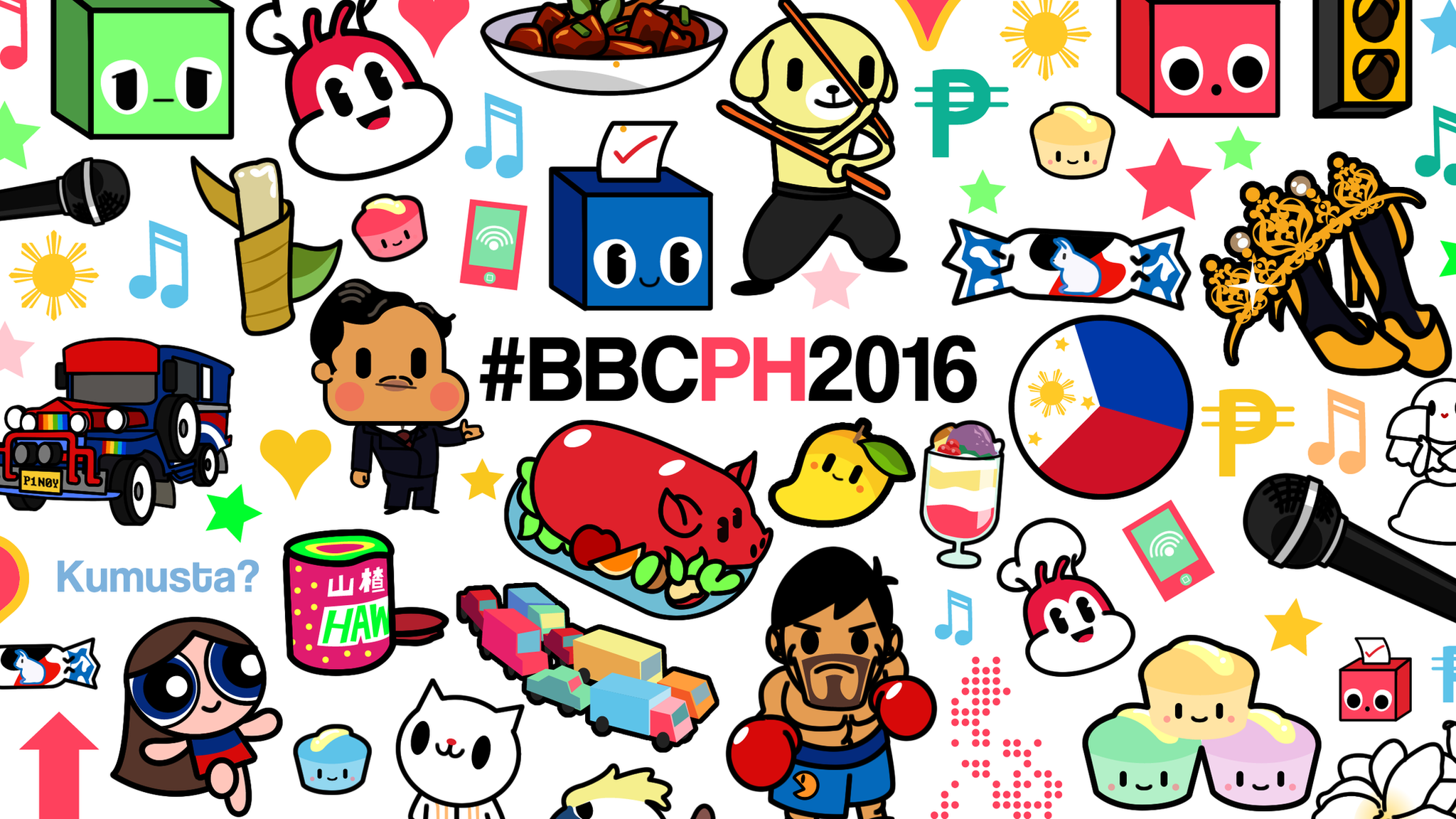
- Published11 April 2016
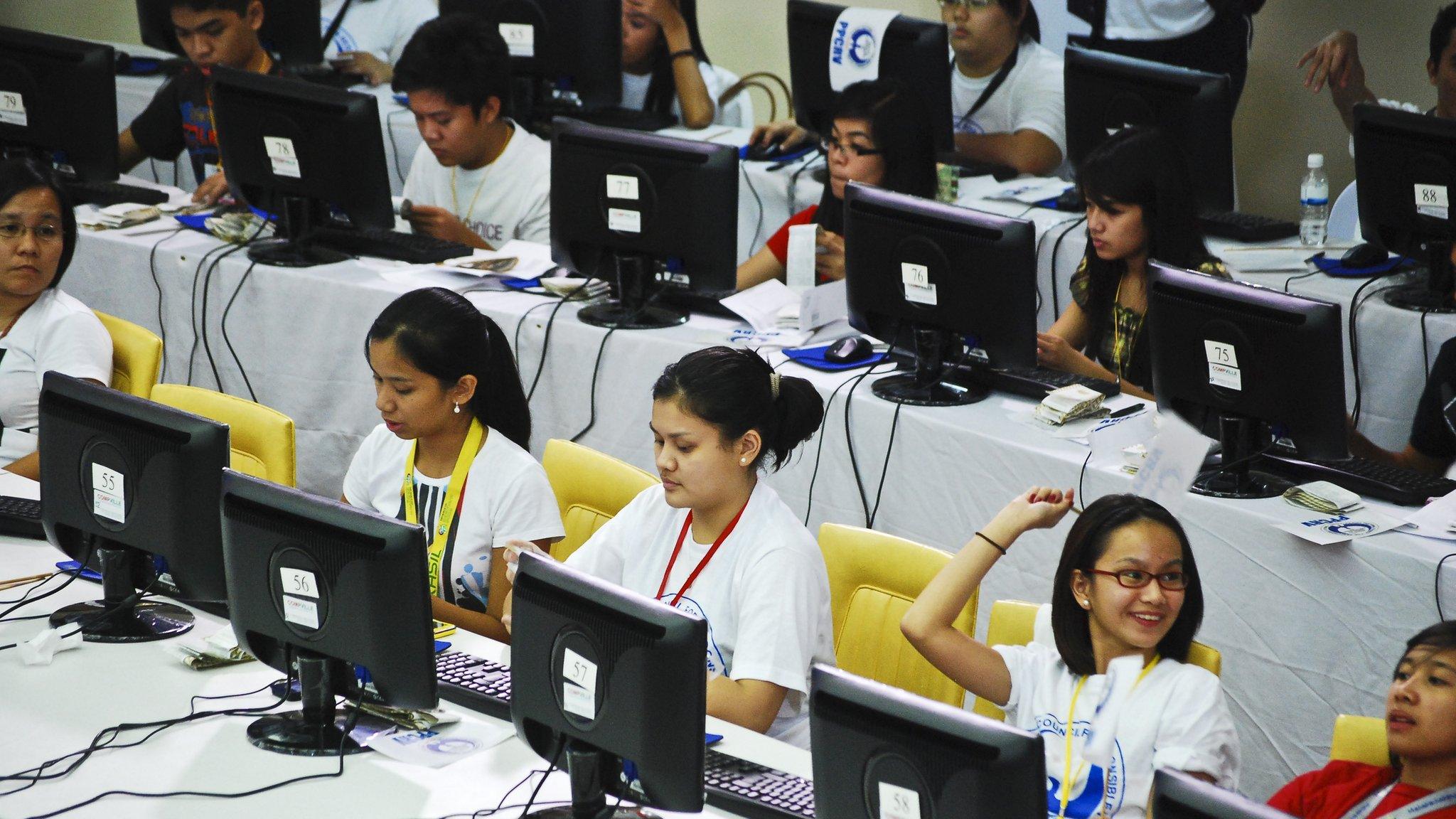
- Published5 July 2023
